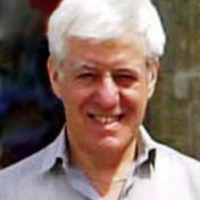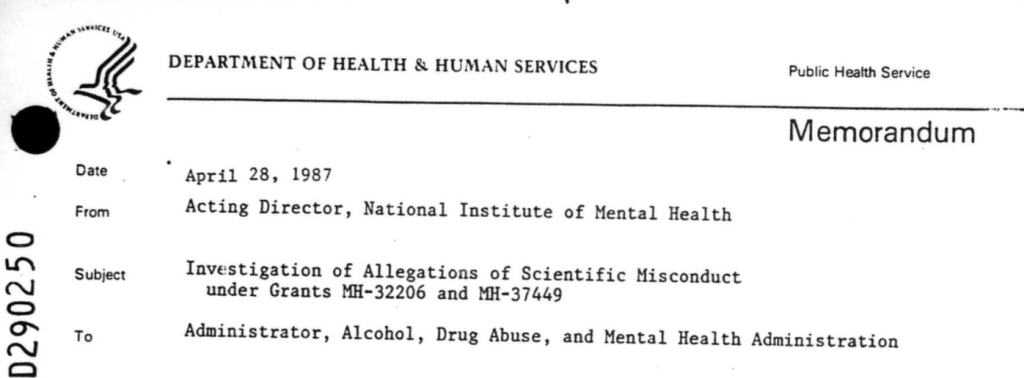Following a Retraction Watch story about a 2004 paper that had been copied twice since its publication, one of the journals involved has taken down its version of the article.
Last month, we reported that an undergraduate student researching her thesis had found two papers that copied material from “Models of the medical consultation: opportunities and limitations of a game theory perspective,” published in BMJ Quality and Safety by psychologist Andrew Colman and two colleagues.
One of the plagiarizing articles, “Relevance of Game Theory Models in Medical Consultation: Special Reference to Decision Making,” appeared last year in the International Journal of Research in Engineering, Science and Management (IJRESM). Colman said that the article had copied the structure and main ideas of his, although the text was paraphrased, and it included a figure he had created.
We had emailed the journal before our story was published on Oct. 17 to ask if it would investigate the allegations. We received this reply on November 5th:
Continue reading “A huge relief”: Journal takes down plagiarized paper after Retraction Watch reporting








